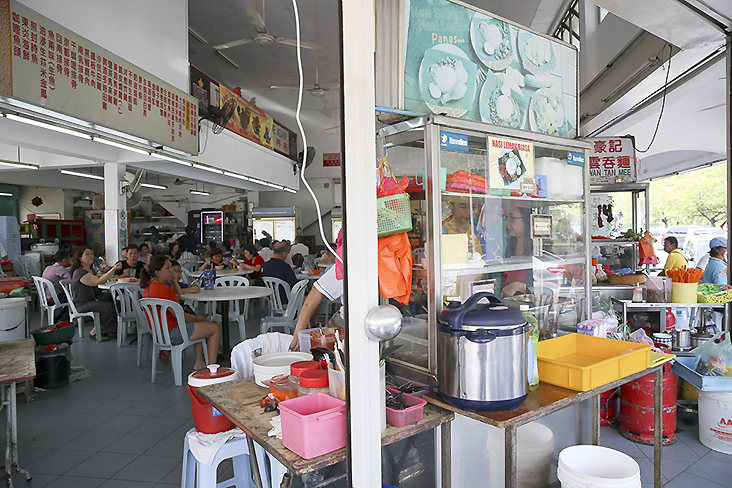COMMENTARY, June 11 — A local daily reported on Tuesday that Selangor will no longer allow foreigners to apply for hawker licences, run temporary businesses or be employed by such businesses.
The last will be a big blow to hawkers as they rely heavily on foreign workers to do the labour intensive jobs.
More and more hawkers are now reopening their stalls with the hope of recouping their lost income.
This move will jeopardise whatever little hope the hawkers have of surviving this pandemic.
See the prawns beautifully arranged on top of your prawn mee? Yes, that was painstakingly peeled by a foreign worker. Those shells add to the intense richness of the broth in your prawn mee.
Or how about the sambal in your nasi lemak? Again, the foreign worker was the one who soaked the dried chillies and cooked it over the hot stove for many hours.
The cockles in your char kway teow? Each one was shucked by a foreigner so the stall owner can fry up a perfect plate of noodles for customers.
If hawkers are not allowed to hire foreigners, it sparks off a chain of problems that will definitely kill our food scene.
Firstly, the hawkers will have to fill those vacant spots with local workers. But can they even get one?
Locals are not willing to do these back-breaking jobs, and at such low wages. They would rather opt for a job as a sales assistant in an air conditioned environment.
It is also much more glamorous. Who wants to 'Gram' their wrinkly hands peeling prawns.
Back in 2017, when I interviewed Yong Teik Yong at his emperor pork rib soup stall in Section 17, Petaling Jaya, he had already experienced difficulty looking for a local worker. The coffee shop he was located at prohibited any hiring of foreigners.
He needed one to clean the pig's stomach, an intense workout that required multiple washing of the innards until it was clean of any funky smells. Because of that, he closed his business as it was too tiring for him to open a stall in the morning and run his steamed fish business at night.
Eventually he struck a compromise and decided to offer the soup at night when he could hire foreign workers since he took over the whole coffeeshop.
He is one of the lucky ones who found a solution. Others in this current situation won't be so lucky.
Secondly, there's the thing about costs. Even if the hawkers decide to pay more for local help, this will again mean higher costs. Any finance whiz will tell you that those higher labour costs will trickle into your bowl of prawn mee or your nasi lemak bungkus, making you fork out more money.
Our wallets are already hurting with the pay cuts, salary deferments and uncertainty of the economy. For many, hawker food is a cheaper way to sustain themselves through this crisis.
That is also what the Malaysian food scene is all about... our great stall food with all the rich tastes at just a fraction of a cost. You can get a bowl of curry mee for RM7, laden with cockles, beancurd puffs and roast pork. Will you pay for that same bowl of curry mee when it is sold at RM10?
The final step, if all avenues fail, would be for the hawker to just throw in the towel.
If it is so difficult to sell their wantan mee or even roti canai, they might as well just take an easier route and retire.
This would mean we are looking at the loss of good food. Already, the casualties from the pandemic are piling up.
Will my favourite plate of char kway teow also vanish now?
I shudder. That will be a dark world indeed.






















